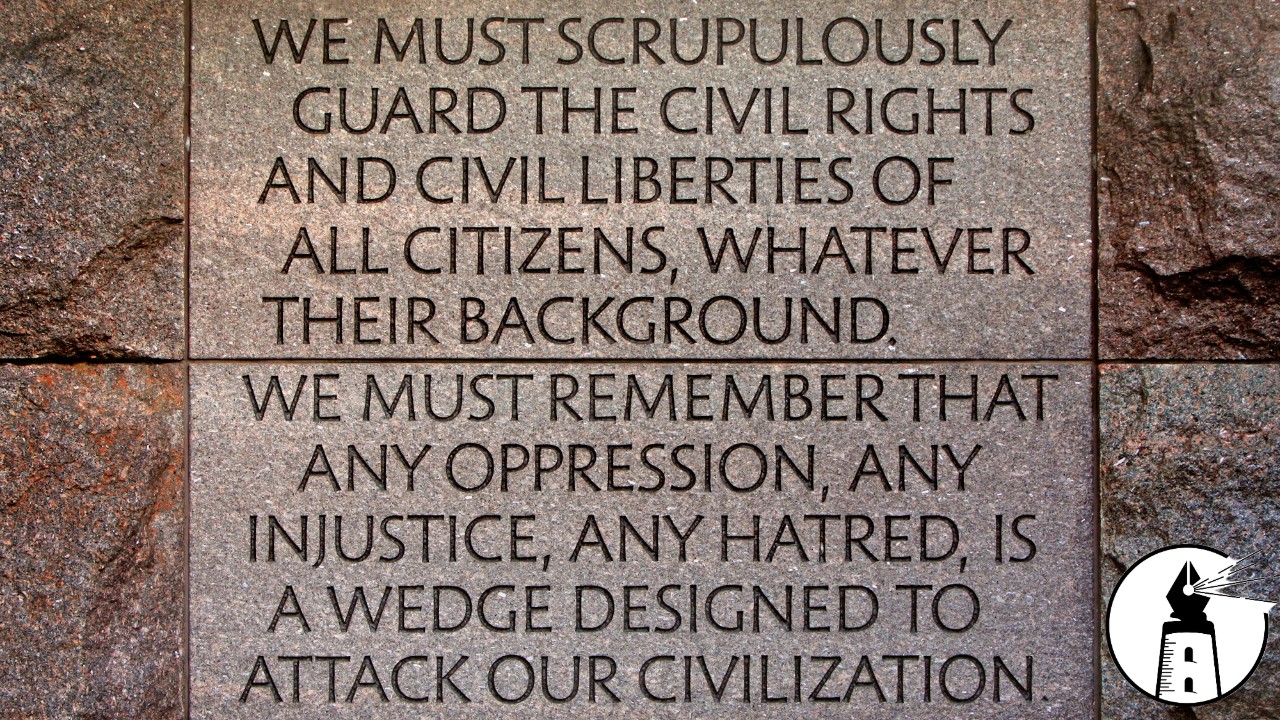Content warning: This article discusses suicide and racially motivated violence, including lynching.
The death of 21-year-old Demartravion “Trey” Reed at Delta State University has left a community in grief and raised difficult questions that reach far beyond the Cleveland, Mississippi campus. Reed, a Black student at the university, was found hanging from a tree near the pickleball courts on Monday morning. Investigators have said there is no evidence of foul play, yet the history of racial violence in Mississippi and the imagery of the manner in which Reed was found have intensified calls for transparency and accountability.
University police chief Michael Peeler confirmed Reed’s identity and said the initial investigation revealed no indication of an ongoing threat to the student body. Classes were canceled as the campus absorbed the news. Peeler later acknowledged that videos related to the incident exist and are in the hands of investigators, though he declined to say what the recordings depict. The Cleveland Police Department is leading the investigation with assistance from the Mississippi Bureau of Investigation.
Bolivar County Coroner Randolph Seals issued a statement late Monday denying rumors circulating online that Reed had sustained physical injuries consistent with an attack. Seals said Reed’s body showed no signs of lacerations, fractures, or trauma that would suggest an assault. He stressed that the preliminary findings do not indicate Reed was physically attacked. Reed’s body was taken to the State Medical Examiner’s Office for an autopsy, with initial results expected soon.
While officials have stressed the absence of foul play, Reed’s death has been received with deep skepticism and concern by civil rights organizations and community members. The NAACP expressed doubt that Reed could have died by suicide in such a manner, saying that skepticism is unavoidable given the country’s current climate of racially motivated violence. In a widely shared statement on social media, the organization declared, “A man was lynched yesterday,” and added that historically Black people have not been known to hang themselves from trees. The statement underscored the symbolic weight of the case and called for vigilance in seeking a complete investigation.
Civil rights attorney Ben Crump has been retained by Reed’s family and announced he will lead a team of civil rights groups in conducting an independent inquiry. Crump described Reed as a promising and well-loved young man whose death demands a transparent accounting. He stressed that vague conclusions are not enough when the method of Reed’s death so powerfully evokes a past of racial violence.
Delta State University President Daniel Ennis acknowledged the profound emotions stirred by the tragedy. He said the university is heartbroken by Reed’s death and has been in contact with his family. Hundreds of students gathered for a prayer vigil on campus to mourn and remember him, while counseling services have been offered to those struggling with the loss.
The case has also prompted political attention. Congressman Bennie Thompson called for a federal investigation, citing Mississippi’s long and painful history of racially motivated killings. The FBI’s Jackson Division confirmed it is in contact with local authorities and will intervene if evidence of a federal violation emerges.
Reed’s death does not exist in isolation. Other recent cases in Mississippi involving Black men found hanging from trees have drawn similar skepticism, with families questioning suicide rulings and insisting that their loved ones were victims of lynching. These deaths echo an older history that still casts a shadow, most famously the 1955 lynching of 14-year-old Emmett Till, whose killing became a defining moment in the struggle for civil rights.
This skepticism is rooted in the Jim Crow era, when lynchings were often shielded from accountability through official denial. Local coroners and law enforcement frequently declared lynching victims to have died by suicide or accident, even when evidence of mob violence was clear. Between 1882 and 1968, more than 4,700 lynchings were recorded in the United States, and over one-third of those occurred in Mississippi alone. According to data compiled by the NAACP and the Equal Justice Initiative, Mississippi had the highest number of recorded lynchings of any state, with more than 650 Black victims. In many of these cases, newspapers and officials insisted deaths were suicides or accidents, protecting white perpetrators from prosecution and reinforcing a culture of impunity.
While there has not been a modern Southern case in which a suicide ruling was formally overturned to confirm lynching, the memory of those cover-ups remains vivid. It explains why communities are unwilling to accept official conclusions at face value today and why calls for independent or federal investigations arise immediately.
For many, the official assurances that no evidence of foul play has been discovered cannot be separated from this broader historical context. The image of a young Black man found hanging in Mississippi evokes collective memory and trauma that continue to shape how such cases are received. This dynamic is not only about the facts of the investigation but also about the credibility of the institutions delivering those facts. Generations of experiences with investigations that failed to hold perpetrators accountable have left communities wary of local findings, which is why calls for federal oversight and independent review are immediate and insistent in cases like this. The demand for transparency is as much about restoring trust in the investigative process as it is about uncovering what happened to Trey Reed.
As Reed’s family and their attorneys continue to call for answers, and as federal agencies monitor the case, the search for truth remains entwined with both the forensic evidence at hand and the long history of injustice that still shapes the public’s response to tragedies of this kind.
If you or someone you know is struggling with thoughts of suicide, help is available. In the United States, you can dial or text 988 to connect with the Suicide & Crisis Lifeline for immediate support.
—By Greg Collier



